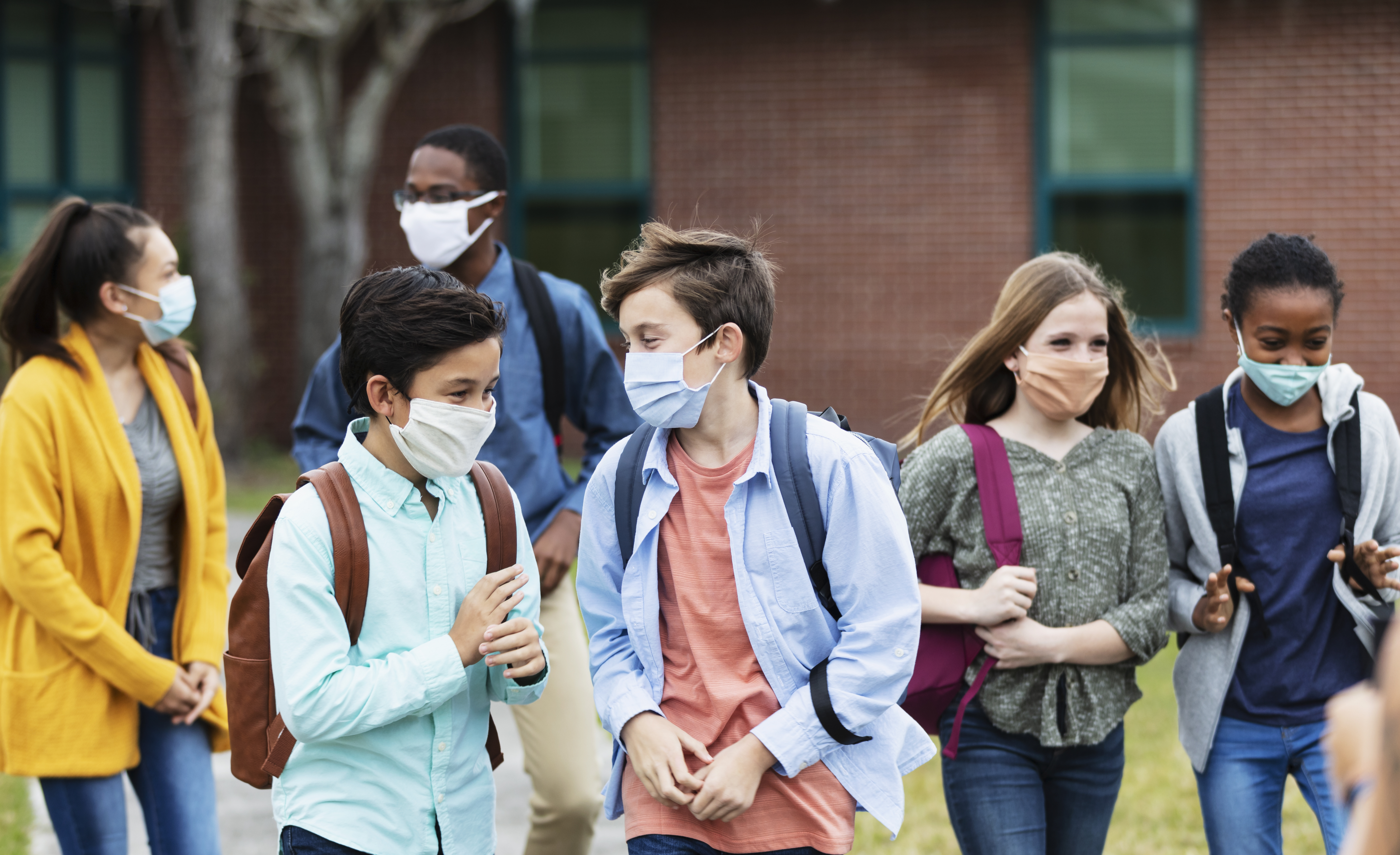
Is your child up to date on their HPV vaccine? It’s important to check, not only to keep them safe and healthy, but this year the HPV (as well as the meningococcal) vaccine will be required for school entry.
Dramatic drops in annual well visits and immunizations during the COVID-19 pandemic have caused a significant vaccination gap and lag in vital preventive services for kids and adolescents—especially for the HPV vaccine.
Nearly 80 million Americans – 1 out of every 4 people – are infected with HPV, a virus that causes six types of cancers. Of those millions, nearly 36,000 will be diagnosed with an HPV-related cancer this year. Despite these staggering figures and the availability of a vaccine to prevent HPV infections, HPV vaccination rates remain significantly lower than other recommended adolescent vaccines in the U.S.
We join VCU Massey Cancer Center and all National Cancer Institute-Designated Cancer Centers throughout the country in our call to parents, adolescents and young adults about the importance of vaccination to help eliminate HPV-related cancers.
“HPV, or human papillomavirus, is extremely common and easily spread among pre-teens and teens. While some people’s bodies suppress the virus thousands of others do not, which can lead to preventable cancers,” said Dr. Tiffany Kimbrough, general pediatrician. “The recent drop in vaccination rate is extremely alarming. I urge all parents and caregivers to make sure your pre-teens and teens get the HPV vaccination, and all their recommended vaccinations. If you have questions or concerns, talk with their pediatrician or primary care provider. We’re here to help.”
Even before the COVID-19 pandemic, HPV vaccination rates lagged far behind other routinely recommended vaccines and other countries’ HPV vaccination rates. According to 2019 data from the Centers for Disease Control and Prevention, just more than half (54%) of adolescents were up to date on the HPV vaccine.
Those numbers have declined dangerously during the pandemic.
The U.S. has recommended routine HPV vaccination for females since 2006, and for males since 2011. Current recommendations are for routine vaccination for everyone at ages 11 or 12. Catch-up HPV vaccination is recommended through age 26. Adults aged 27 through 45 should talk with their health care providers about HPV vaccination because some who have not yet been vaccinated might still benefit. The HPV vaccine series is two doses for children who get the first dose by age 14. It’s three doses for those who get their first dose at age 15 or older and for people with compromised immune systems.
We understand that life has certainly not been routine for most people over the last year, but it’s not too late to get back on track with well visits and vaccinations. The CDC recently authorized COVID-19 vaccination for 12-15-year-olds, allowing for missed doses of routinely recommended vaccines, including HPV, to be administered at the same time.
View the joint statement about the importance of the HPV vaccine from doctors and scientists across the country.
More information on HPV is available from the CDC and National HPV Vaccination Roundtable.